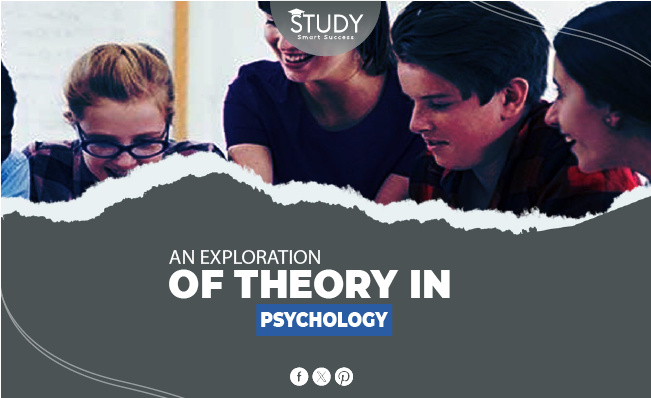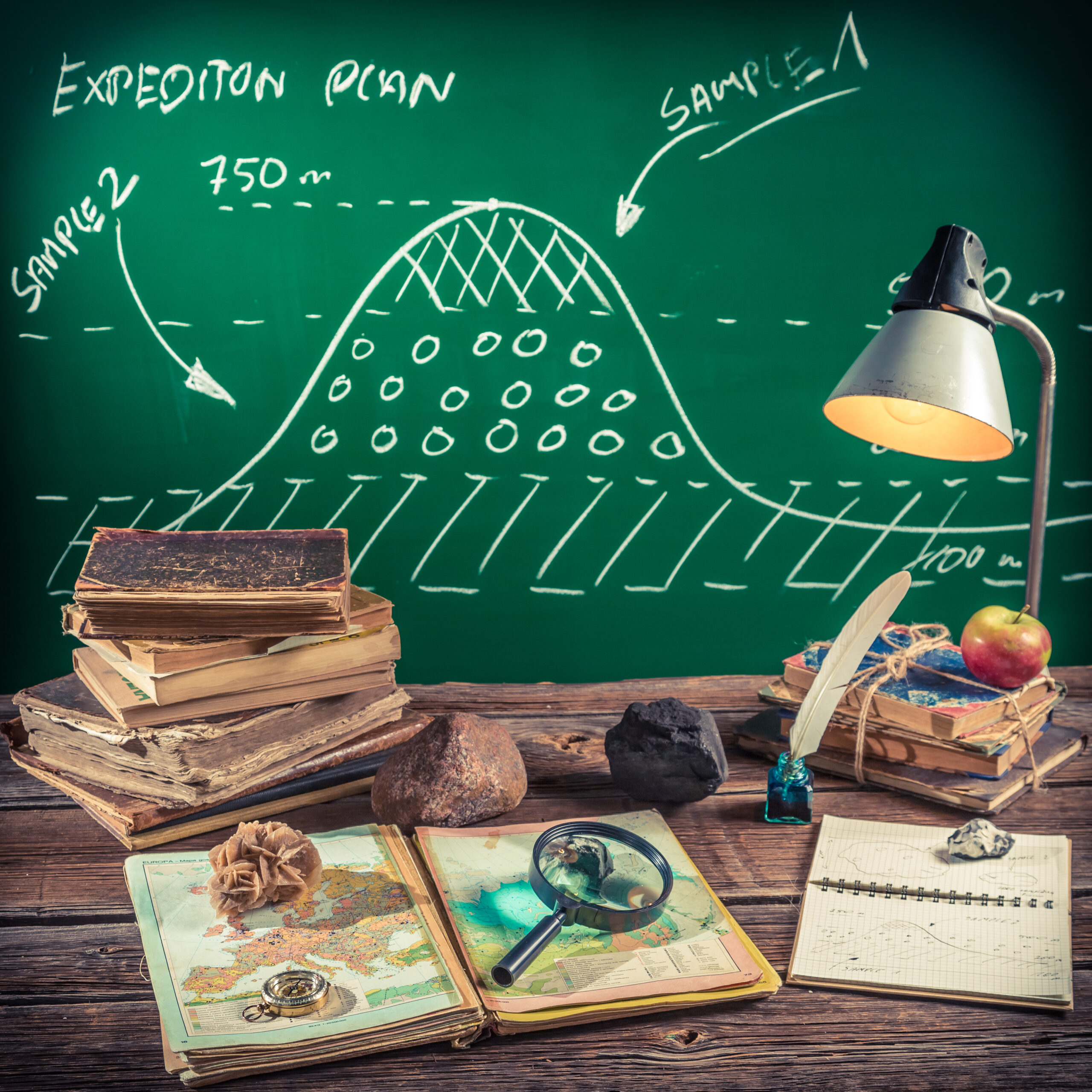Introduction
Hook: Delving into the Enigmatic World of Human Behavior
People have long been interested in and curious about human behavior, with its many levels and complexities. What makes us do, think, and feel the things we do? What do we think about the world around us? Why do we act the way we do? These questions are what we use to start our investigation into the mysterious world of human behavior.
Brief Overview of Psychology as a Discipline
Psychology is the scientific study of the mind and behavior. It gives us clues about how the human mind works. Psychology has always been about figuring out how people think, feel, and act, from its humble start in philosophy to its development into a separate field of science.
Importance of Psychological Theories in Understanding Human Behavior
Theories help psychologists analyze, explain, and predict human behavior. These theories illuminate human psychology, from personality formation to social interactions. With psychological theories, we understand human behavior and address fundamental issues about humanity.
Evolution of Psychological Theory
Early Philosophical Roots: From Aristotle to Descartes
The philosophical writings of Aristotle and Descartes shaped psychological thought. Aristotle studied vision, memory, and emotion, establishing the framework for later psychological research. Descartes’ dualist view of mind and body shaped modern psychology by contributing to consciousness and self-awareness debates.
Emergence of Scientific Psychology: Wilhelm Wundt and Structuralism
Wilhelm Wundt founded the first scientific psychology laboratory in Leipzig, Germany, in 1879. Structuralism, Wundt’s method, divided consciousness into its essential components through introspection and experimentation. Structuralism began the systematic study of mental processes and established psychology as a scientific field.
Freudian Revolution: Psychoanalysis and the Unconscious Mind
Psychoanalysis pioneer Sigmund Freud changed psychology by emphasizing the unconscious mind and early childhood experiences in personality. Freud’s psychoanalysis explored repression, dreams, and the id, ego, and superego. Despite criticism, Freud’s influence on psychological thought is lasting.
Behaviorism: Pavlov, Watson, and Skinner
In the early 20th century, behaviorism broke with structuralism and psychoanalysis’ introspective methodologies: Ivan Pavlov’s classical conditioning experiments, John B. Watson’s appeal for objective psychology, and B.F. S.B. Fner’s operant conditioning principles focused psychology on observable behavior and environmental factors. Behaviorism dominated 20th-century psychological study, influencing education, therapy, and animal training.
Cognitive Revolution: Piaget, Chomsky, and the Study of Mental Processes
The cognitive revolution of the 1950s and 1960s refocused psychology on perception, memory, language, and problem-solving. Jean Piaget’s theory of cognitive development, Noam Chomsky’s language acquisition theories, and computer models of cognition revived interest in the mind. Cognitive psychology dominated, using neuroscience, linguistics, and A.I.I.A.I.I.udy human cognition.
Contemporary Perspectives: Humanistic, Biological, and Sociocultural Approaches
In addition to the tremendous historical schools of thought, contemporary psychology includes several perspectives that give unique insights into human behavior. Carl Rogers and Abraham Maslow’s humanistic psychology promotes self-actualization, personal progress, and human decency. Biological psychology studies genetics, brain function, and neurotransmitters to understand behavior.
Sociocultural psychology emphasizes the interconnectivity of people and their social environments by studying how cultural, social, and environmental influences affect behavior and thought. Modern viewpoints on human behavior provide multiple glasses into the complexity of human experience.
Key Concepts and Principles
Overview of Major Psychological Theories
Psychoanalytic Theory: Unconscious Drives and Childhood Experiences
- Psychoanalytic theory, developed by Sigmund Freud, holds that unconscious urges and childhood experiences shape behavior and personality. This theory emphasizes the id, ego, superego, and defense mechanisms.
Behaviorism: Stimulus-Response Associations and Reinforcement
- Ivan Pavlov, John B. Watson, and B.F.F. Skinner’s behaviorism stress observable behavior and environmental influences. It suggests that stimulus-response connections and reinforcement teach behavior.
Cognitive Theory: Information Processing and Schema
- Cognitive theory examines perception, memory, reasoning, and problem-solving. Scholars like Jean Piaget and Noam Chomsky have shown how information processing and cognitive schema shape behavior.
Humanistic Theory: Self-Actualization and Personal Growth
- Carl Rogers and Abraham Maslow’s humanistic psychology promotes self-actualization and personal progress. It indicates that humans are wired to reach their potential and self-fulfill.
Biological Theory: Genetics, Brain Structures, and Neurotransmitters
- Biological psychology studies genetics, brain anatomy, and neurotransmitters to understand behavior. This perspective shows how biology and behavior interact, revealing the physiological roots of psychological phenomena.
Sociocultural Theory: Cultural Norms, Socialization, and Identity Formation
- According to sociocultural theory, cultural norms, socialization, and societal variables affect behavior and identity formation. Lev Vygotsky and Jean-Lave studied how culture affects cognitive development and social interactions.
Common Themes and Debates Across Theories
Nature vs. Nurture
- Nature vs. nurture is the argument about how genetics and environment affect behavior and development.
Free Will vs. Determinism
- This argument is about whether or not people can make their own decisions (free will) or whether their actions are predetermined by inside or outside forces (determinism).
Conscious vs. Unconscious Processes
- Conscious and unconscious processes examine how awareness and conscious thought affect behavior vs. automatic or subconscious processes.
Individual Differences vs. Universal Principles
- This argument weighs individual diversity and universal principles in understanding human behavior. It asks whether psychological theories should explain general patterns, individual variances, and variety.
Application of Psychological Theory
Clinical Psychology: Diagnosis, Treatment, and Therapy Approaches
Clinical psychology uses theories and concepts of psychology to find and treat mental health problems. Cognitive-behavioral therapy (CBT), C.B.T.choanalysis, and humanistic therapy are based on psychological ideas. They can help people who are having mental health problems or who are distressed.
Educational Psychology: Learning Theories and Instructional Strategies
Educational psychology uses psychological ideas of learning and thinking to help teachers plan lessons and ensure students understand their learning. Teachers use theories like behaviorism, cognitive constructivism, and social learning theory to understand their students’ learning better and develop successful teaching methods to help them learn more.
Social Psychology: Group Dynamics, Conformity, and Persuasion
Social psychology examines how social interactions affect people’s thoughts, feelings, and actions. Understanding group dynamics, conformity, obedience, and persuasion allows social psychologists to study group decision-making, social influence, and attitudes, which affect marketing, politics, and organizational behavior.
Developmental Psychology: Lifespan Perspectives on Growth and Change
Developmental psychology studies psychological changes from birth to old age. Psychologists use cognitive, social, and emotional development theories to examine attachment, identity formation, and aging to understand how these elements affect growth and well-being.
Industrial-Organizational Psychology: Workplace Behavior and Organizational Culture
Industrial-organizational (I/O) psychology addresses workplace issues such as employee motivation, leadership, job satisfaction, and culture. I/O psychologists use motivation, organizational behavior, and leadership theories to boost workplace productivity, employee happiness, and effectiveness.
Conclusion
Psychological ideas have helped explain human behavior throughout history. These theories have helped us comprehend the human mind and the forces influencing our thoughts, feelings, and actions, from Aristotle to cognitive neuroscience.
As we end our study of psychological theory, please use psychological understanding in your daily life. Psychological theories can improve your personal and professional life by helping you understand your motivations and behaviors, improve relationships, and create a healthier workplace.
Psychological theory evolves and expands our understanding of human experience. Let us continue to be curious and inquiry-driven in a psychological study, acknowledging that the quest to understand the human mind and behavior is ongoing. Let’s study and apply psychology to understand ourselves and the world better.



